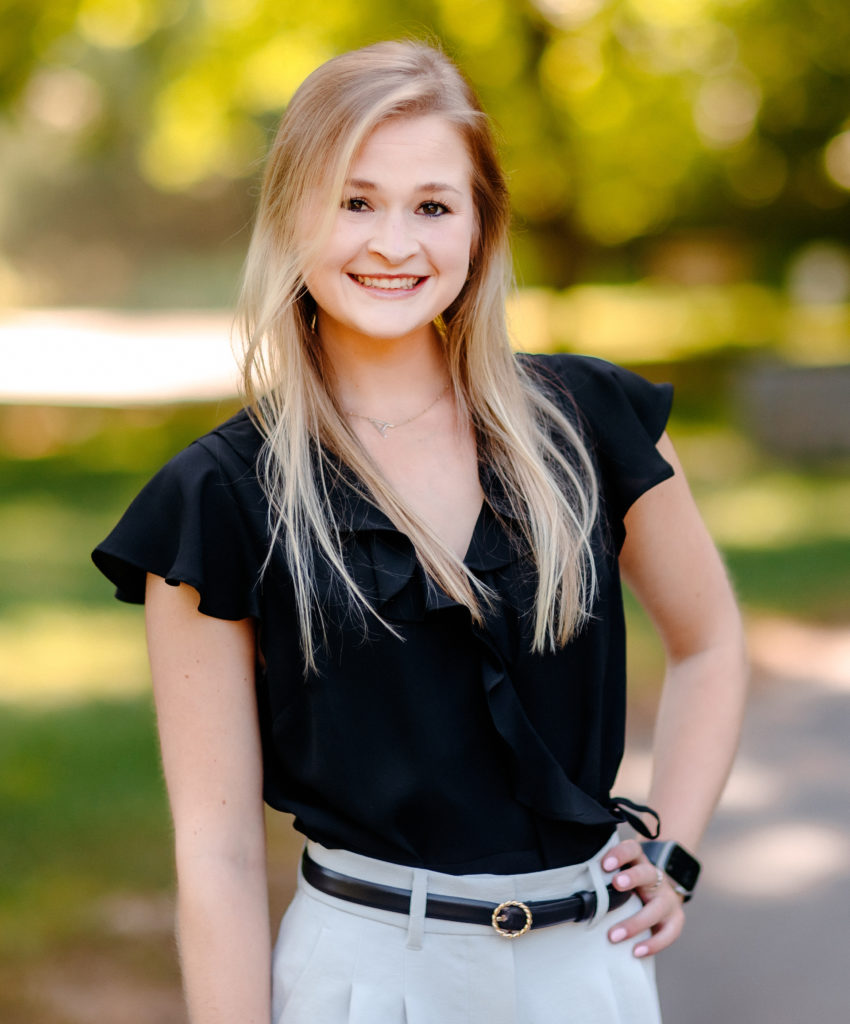Recovery & Timing
 “When Is The ‘Perfect’ Time To Recover?” (By: Ashton Maguire)
“When Is The ‘Perfect’ Time To Recover?” (By: Ashton Maguire)
Waiting for the “perfect” time to recovery is like waiting for the clock to run backwards. It will never happen. There will always be a reason not to, mainly coming from a source of fear or uncertainty. There will always be a next event to wait until after to start recovery. There will always be another wedding, another bridal shower, another work event, another birthday. There will always be a next time.
So how does one choose a time to recover? How does one struggling with an eating disorder start to try something different?
It takes a leap of faith.
There comes a point to recognize that you are worth more than what the eating disorder is giving to you (or, more likely, taking from you). Living with an eating disorder incorporates a lot of “no’s” and a lot of “not yet’s”. Recognizing that there is a life outside of that with “yes’s” is the first step to taking the leap of faith. The realization that there is a world outside of the eating disorder. Recognizing that you can do something different.
One helpful tool in taking that first leap of faith into the recovery world is to set up your support network and environment to your benefit. Make sure that there are people around you who love you for more than your appearance. Find those people that see the value in your soul and see YOU. Next, get involved and immersed in activities that bring you inherent joy, that make you feel like a kid again. Rely on these environmental supports throughout the process of recovery to remind yourself of the world of “yes” within the eating disorder’s world of “no.”
So, there is no magic equation to what time of year or what season of my life is the “perfect” or “right” time to choose recovery from an eating disorder. The decision must come from within and must be based in a desire to do something different and to experience the “yes” of life.
About the Author
Ashton is Renewed’s Outreach Coordinator. She is an alumna of Furman University where she earned her Bachelor’s degree in Psychology. Her passion for the study of eating disorders began in her undergraduate education where she researched eating disorders and witnessed disordered eating habits in the college environment. She currently attends graduate school at Vanderbilt University where she will earn her Master’s degree in clinical mental health counseling in May 2024. Ashton plans to pursue licensure as a professional counselor working with those recovering from eating disorders as well as co-occurring disorders.


Comments are closed.